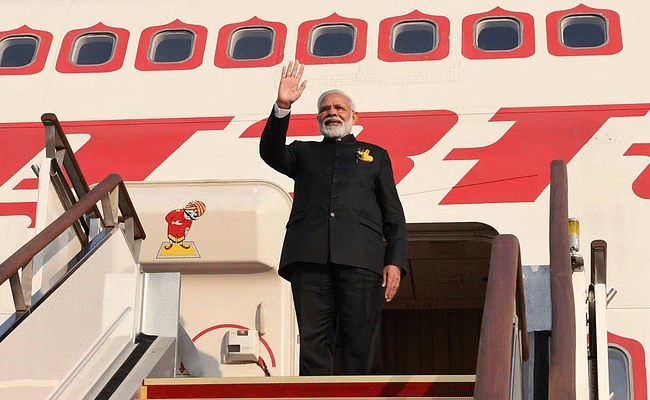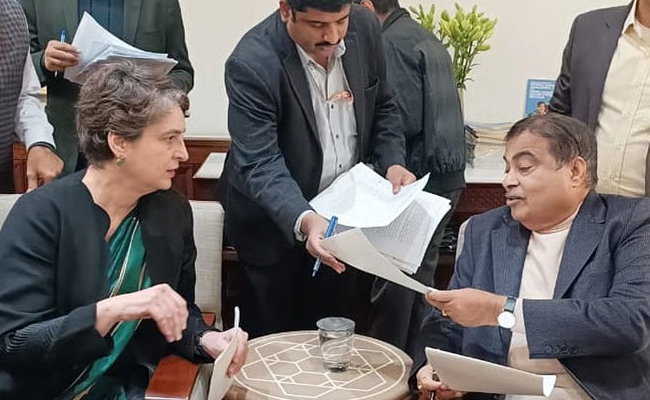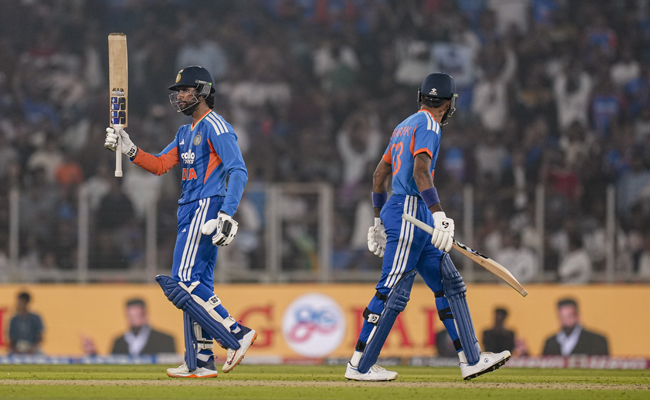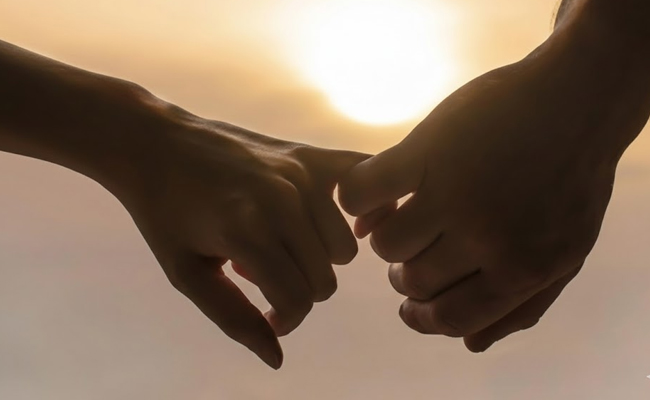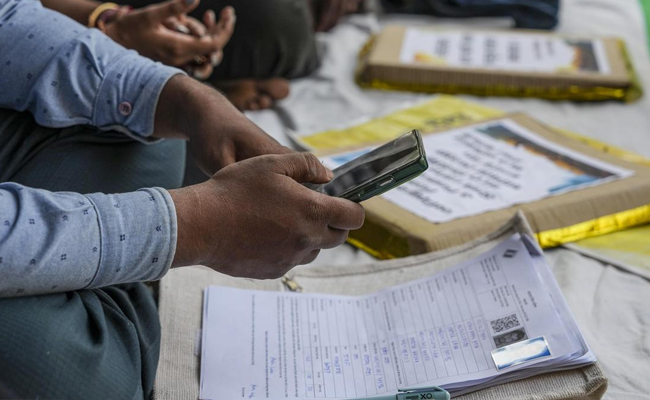Bengaluru, Mar 21: Prime Minister Narendra Modi will be on a visit to poll-bound Karnataka on March 25 -- his seventh this year -- during which he will take part in various events including a Metro ride, and address a mega public meeting organised by the BJP.
Assembly polls are due by May, and the schedule is likely to be announced by the Election Commission in the coming days.
During the visit, the Prime Minister will participate in programmes organised in Chikkaballapura, Bengaluru, and Davangere districts.
According to an official release, the Prime Minister on his arrival here in the morning on that day, will travel to Chikkaballapura by helicopter to inaugurate Sri Madhusudan Sai Institute of Medical Sciences and Research there.
He will then fly back to Bengaluru in the afternoon to inaugurate the Whitefield Metro Line and will ride in the Metro.
Modi will then proceed to Davangere to address a public meeting, and after that will proceed to Shivamogga to emplane for Delhi from Shivamogga Airport.
Though details about the public meeting have not been shared in the official release, it is said to be a mega rally of the ruling BJP as part of its poll preparations in Karnataka.
Karnataka BJP and its leaders including Chief Minister Basavaraj Bommai have said that Modi will attend a mega rally in the district headquarters town of Davangere on March 25, to mark the culmination of the 8,000-km long 'Vijay Sankalpa Yatre'.
The 20 day state-wide tour, which began from four different parts of the state, in specially designed vehicles or 'Rathas', was kickstarted on March 1 by BJP national President J P Nadda at Male Mahadeshwara Hills in Chamarajanagar district. Several senior BJP leaders, Chief Ministers of other BJP-governed states, and Union Ministers have taken part in the programme.
This is said to be the first party meeting, which the Prime Minister will be attending, since the poll preparations began in Karnataka.
According to party functionaries, the event is aimed at energising the BJP cadres in the run-up to Assembly polls.
BJP, which aims to come back to power in the state with an absolute majority this time, has set a target of winning at least 150 of the total 224 seats in the Assembly.
Let the Truth be known. If you read VB and like VB, please be a VB Supporter and Help us deliver the Truth to one and all.
Wayanad/New Delhi (PTI): Congress MP from Wayanad Priyanka Gandhi Vadra on Friday said she met Union Minister Nitin Gadkari, seeking his intervention to expedite pending road infrastructure works in her constituency, including those aimed at addressing landslide issues at the Thamarassery pass.
Sharing photographs of the meeting on the social media platform 'X', Priyanka said Gadkari, the Union Minister for Road Transport and Highways, heard her concerns and sought updates from the relevant officials.
In her post, she expressed hope that the pressing issues she raised, which directly affect public safety and daily life, would receive the attention and urgency they deserve.
“Met respected Gadkari to raise issues concerning my constituency, Wayanad, and urged that pending works be expedited without further delay. He was kind enough to hear my concerns and get updates from the relevant officers,” she said.
ALSO READ: PM, Union ministers, Priyanka Gandhi, others meet Speaker Birla after Lok Sabha adjourned sine die
“I sincerely hope these pressing issues, which directly affect people’s safety and daily lives, will receive the attention and urgency they deserve,” she added.
A day earlier, Priyanka had sought an appointment with Gadkari in Parliament, saying she had been seeking an opportunity since June to discuss issues related to her constituency.
Responding to her request, the minister had said his doors were always open and that she could meet him at any time.
She subsequently met him at his office later the same day.
Met respected Shri @nitin_gadkari to raise issues concerning my constituency, Wayanad, and urged that pending works be expedited without further delay.
— Priyanka Gandhi Vadra (@priyankagandhi) December 19, 2025
He was kind enough to hear my concerns and get an update from the relevant officers.
I sincerely hope these pressing issues… pic.twitter.com/UkxnXP6gxn

